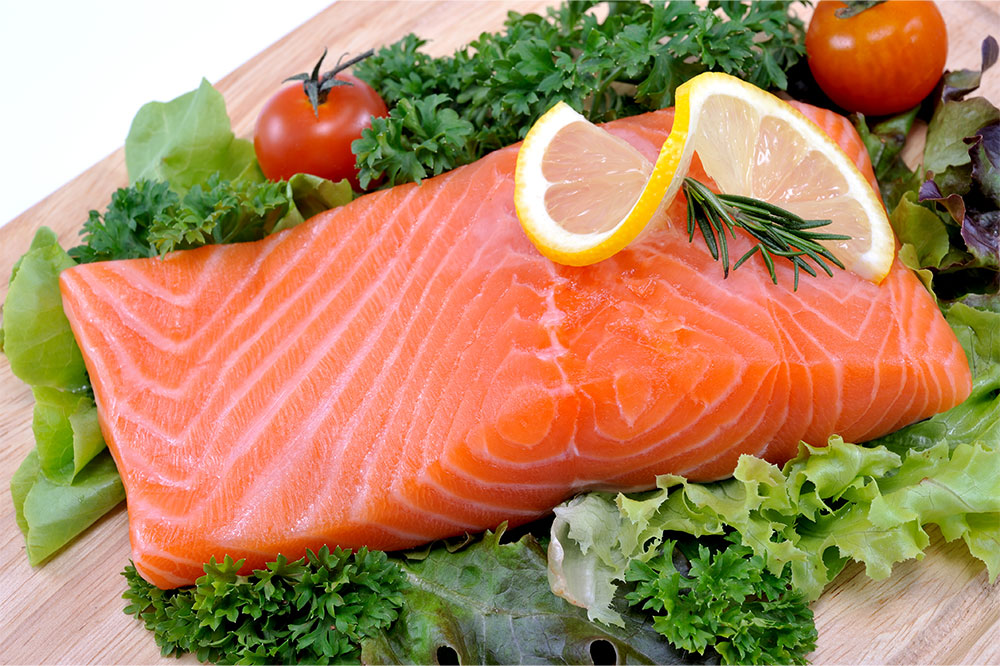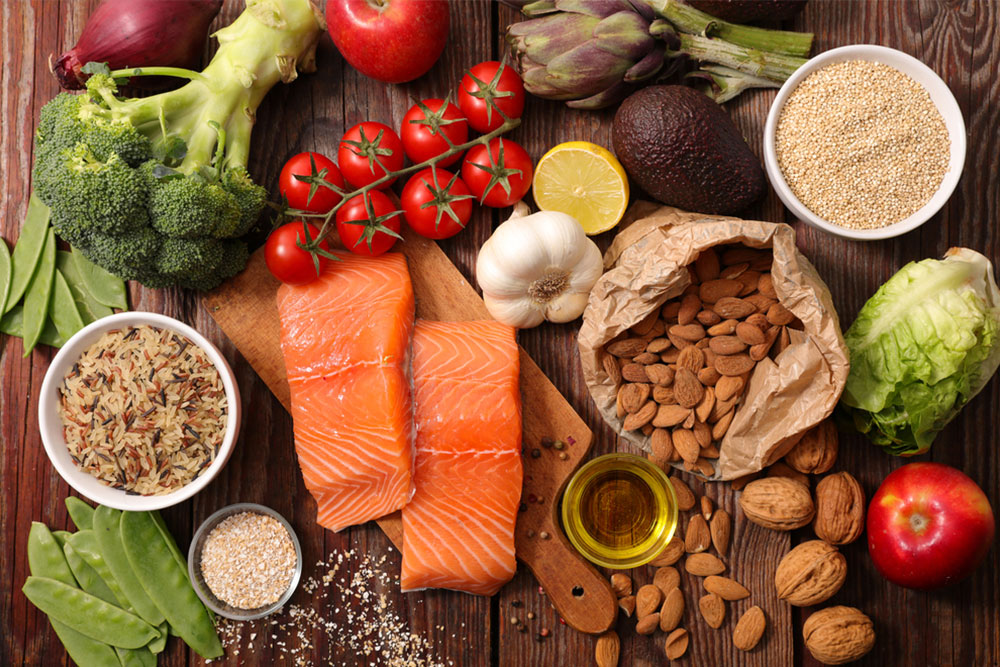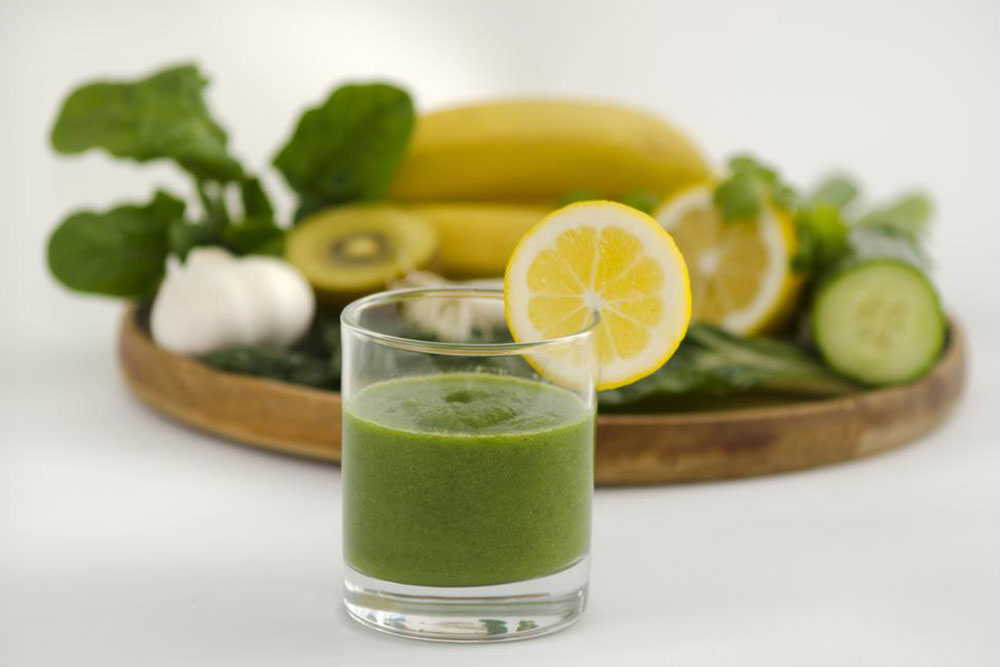Diet Tips for Managing Arthritis Symptoms
Discover effective dietary strategies for arthritis management. This guide highlights anti-inflammatory foods such as fatty fish, garlic, ginger, broccoli, walnuts, and berries. Incorporating these into your diet can help reduce joint pain and inflammation. Medical treatments like ACTEMRA® are also available to complement dietary improvements. Learn how nutritious foods and medication can work together to improve joint health and enhance quality of life.
Sponsored

Arthritis encompasses various joint conditions that can cause stiffness, swelling, and discomfort across all age groups and backgrounds. The most common forms include rheumatoid arthritis, an autoimmune disorder attacking the joints, and osteoarthritis, resulting from excessive joint use. Fortunately, certain foods can help alleviate symptoms by reducing inflammation and joint pain. Including these nutrient-rich options in your diet may improve quality of life and joint health. Below are key foods beneficial for arthritis relief and inflammation control.
Omega-3 Rich Fish
Fish like salmon, mackerel, sardines, and trout are excellent sources of omega-3 fatty acids, known for their powerful anti-inflammatory effects. Regular consumption has been linked to decreased joint stiffness, pain, and lower inflammation markers. These fish also provide vitamin D, which can help prevent rheumatoid arthritis symptoms. The American Heart Association recommends eating at least two servings of fatty fish weekly to combat inflammation effectively.
Garlic
Known for its health benefits, garlic contains compounds that not only support heart health and cancer prevention but also possess anti-inflammatory properties. Incorporating garlic into your diet may help reduce arthritis symptoms and boost the immune system.
Ginger
Ginger, frequently used to flavor foods and teas, has been shown to ease joint pain, especially in those with knee arthritis. It works by inhibiting substances that promote inflammation. Fresh, dried, or powdered ginger can all be effective in managing arthritis symptoms.
Cruciferous Vegetables
Broccoli and other cruciferous vegetables contain compounds like sulforaphane that help lower inflammation levels. Regular intake may contribute to decreased arthritis symptoms and overall joint health.
Walnuts
Nuts such as walnuts are rich in omega-3 fatty acids and antioxidants. Consuming walnuts has been linked to reduced inflammation markers and alleviation of rheumatoid arthritis symptoms.
Berries
Berries provide a wealth of vitamins, minerals, and antioxidants. Eating at least two servings weekly has been associated with a 14% reduction in inflammatory markers, thanks to compounds like rutin and quercetin that promote anti-inflammatory effects.
In addition to a balanced diet, medical treatments like ACTEMRA® (tocilizumab) may be prescribed to combat joint inflammation. This FDA-approved medication targets interleukin-6 (IL-6), helping to decrease pain and swelling. It is available as a weekly or bi-weekly injection or infusion, often self-administered in the case of injections.






